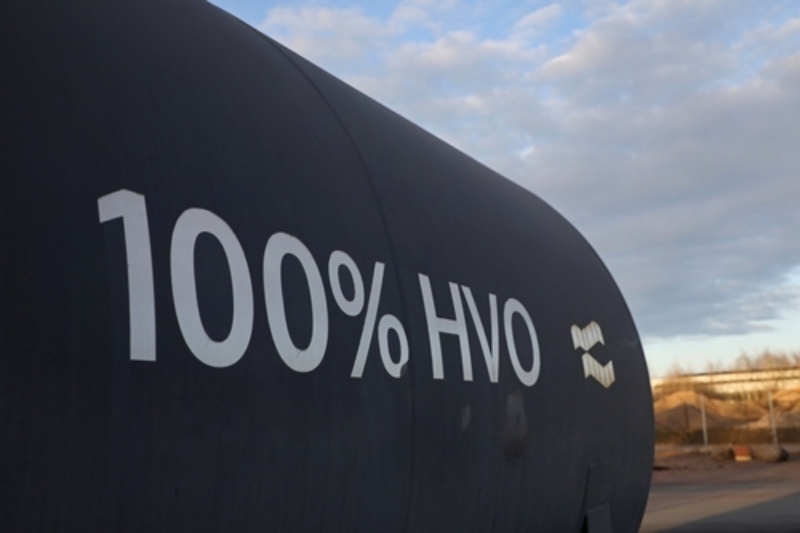Northumberland County Council today announced it is trialling a Hydrotreated Vegetable Oil (HVO) in one of its refuse vehicles as a cleaner alternative to diesel.


A pilot scheme will run for six weeks in Blyth and, if successful, the council will look to continue the trial to gather more information and determine the expansion of HVO across more of its vehicles.
HVO is equal to diesel in terms of power but produces up to 88% less CO2 emissions and requires no modification to the existing diesel engine.
As HVO fuel is made from fossil free, sustainable waste materials, the council hopes that it can help reduce the county’s carbon emissions and contribute to more sustainable transport.
Council leader Glen Sanderson said: ‘It is great to see Northumberland being so proactive and innovative when it comes to improving our climate.
‘We have a strong focus on making transport in our county more sustainable and this is a key component of our Climate Change Action Plan.
‘Although it is early days in the trial, I hope we will see some fantastic results which can help prepare us for a cleaner future.’